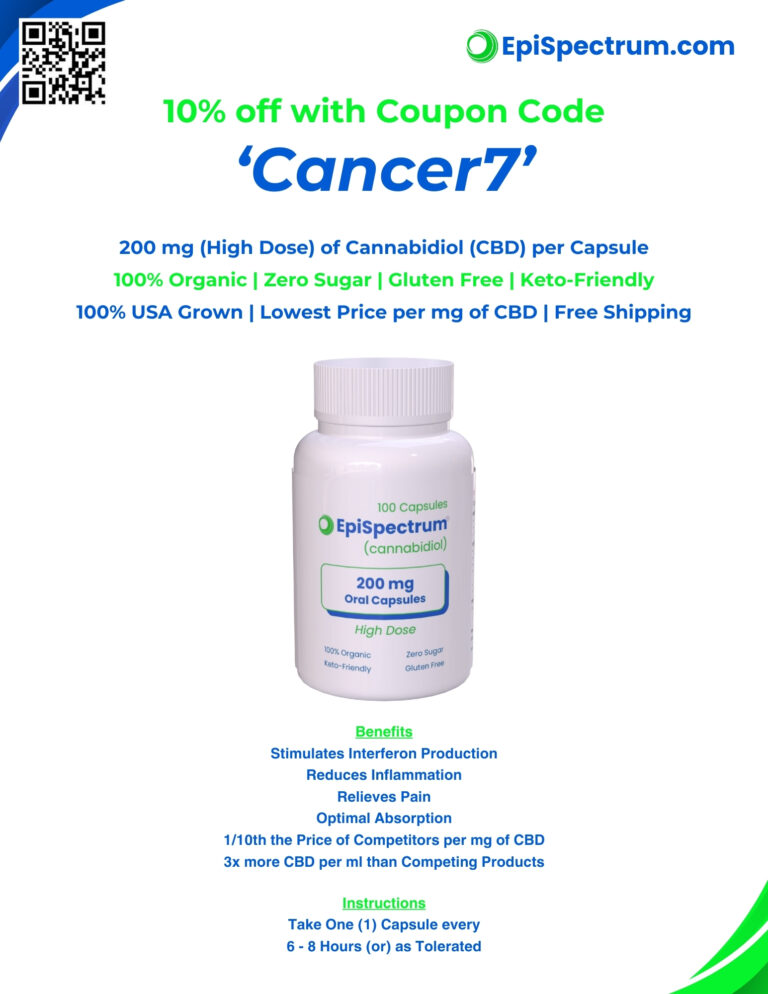The innovative use of high doses of Vitamin C administered intravenously has emerged as a cutting-edge strategy in the fight against cancer. This method has garnered attention for its unique ability to target and eliminate cancer cells with remarkable selectivity, while sparing healthy tissues from harm. The science behind this approach lies in Vitamin C’s pro-oxidative properties at high concentrations, which can lead to the production of hydrogen peroxide. Unlike cancer cells, healthy cells possess the ability to neutralize this compound, thus ensuring that Vitamin C’s toxic effects are directed solely at malignant tissues. This selective toxicity makes high-dose Vitamin C therapy a promising avenue for cancer treatment, offering a method to attack cancer cells without causing significant damage to the body’s healthy cells.
The significance of Vitamin C’s selective action against cancer cells cannot be overstated. It provides a glimmer of hope for a more targeted cancer treatment modality, one that could potentially be integrated with conventional therapies to enhance efficacy and minimize adverse effects. The appeal of Vitamin C therapy lies in its simplicity and the minimal collateral damage it inflicts on the body, a stark contrast to the often harsh side effects associated with traditional cancer treatments such as chemotherapy and radiation therapy. By preserving the integrity of healthy tissues, Vitamin C therapy contributes to maintaining the overall well-being of patients during their treatment journey, potentially improving their quality of life.
Clinical research into the intravenous administration of high doses of Vitamin C has shown promising results in various types of cancer, including those deemed hard to treat. Studies suggest that when used in conjunction with conventional cancer therapies, Vitamin C can potentiate the effectiveness of these treatments, leading to improved patient outcomes. This synergy may result from Vitamin C’s ability to render cancer cells more susceptible to the cytotoxic effects of chemotherapy and radiation, while simultaneously protecting healthy cells from the oxidative stress typically induced by these treatments.
The exploration of high-dose Vitamin C therapy in cancer treatment is a testament to the ongoing search for safer, more effective cancer treatments. As research progresses, it holds the potential to redefine cancer therapy, making treatments more tolerable and less destructive to the patient’s body. While further clinical trials are necessary to fully understand and optimize Vitamin C’s role in cancer therapy, its current use underscores a significant step forward in developing treatments that are not only effective but also prioritize the patient’s overall health and quality of life.
Sponsored by EpiSpectrum : Perfect Supplement for Fighting Cancer




